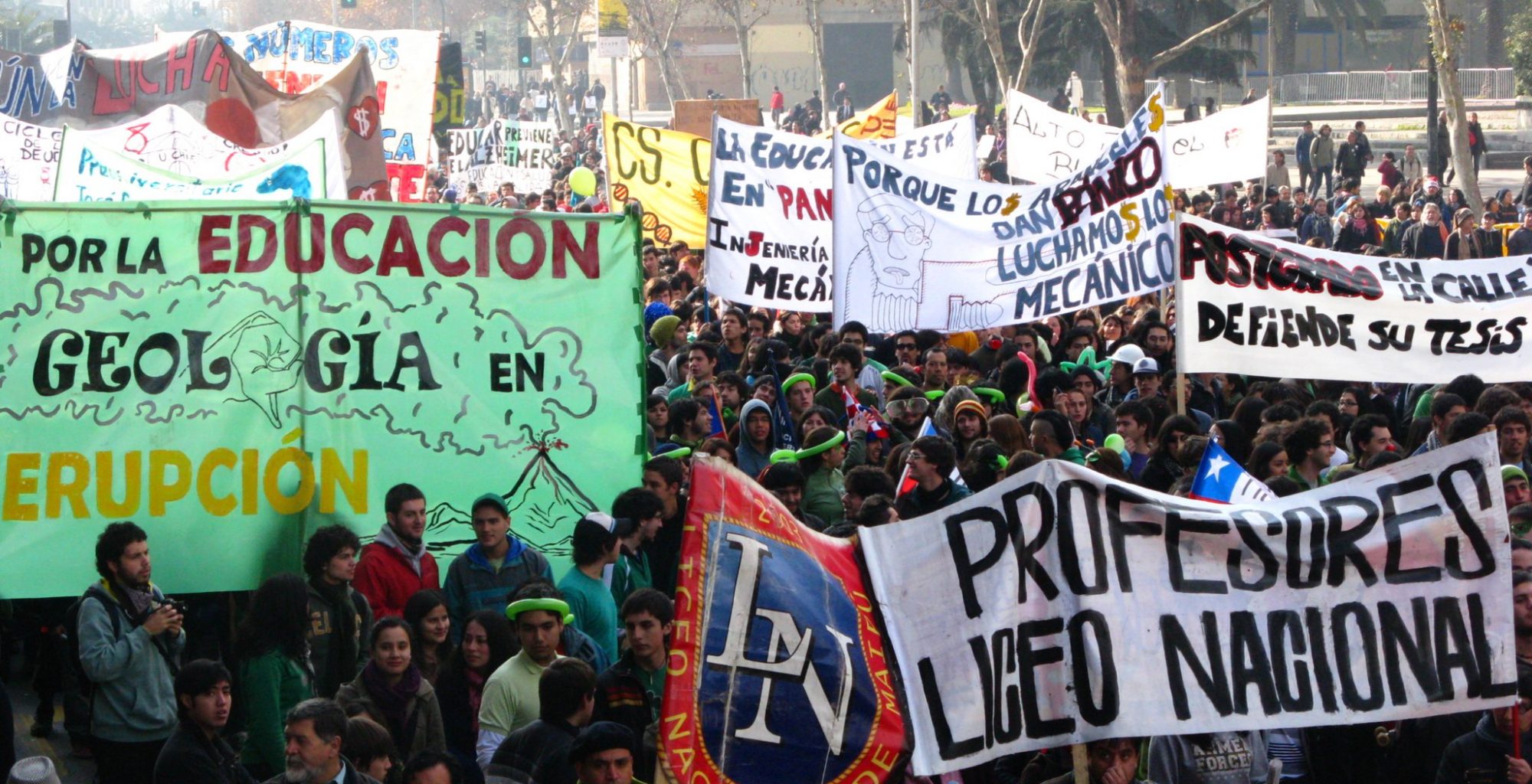Center for Experimental Ethnography
University of Pennsylvania
3260 South Street
Philadelphia, PA 19104
Dear Members of The Search Committee:
I am writing to apply for the postdoctoral fellowship in your research center. I believe my experience doing anthropological research for the public and strong skills using social media to complement and enhance academic scholarship would help advance the goals of the Center for Experimental Ethnography.
In August of 2018, I will defend my PhD in cultural anthropology at the CUNY Graduate Center in New York City. My dissertation research is a public anthropology project that focuses on the student debt crisis among middle-income private university students, and the ways that the growing presence of finance in higher education remakes race, class and gender inequalities in the United States. My research is designed, framed, and written to further academic debates on finance education, and identity, while also speaking clearly to the various publics concerned with the growing student debt crisis.
With funding from the Wenner-Gren Foundation for Anthropological Research, I conducted two years of multimodal ethnographic fieldwork at New York University (NYU) from 2014 to 2016 on the ways that students and former students manage student debt as a part of their financial, personal and social lives and livelihood. As student debt continues to grow at unprecedented rates, higher education is becoming a site where financial precarity is increasingly entangled with personal and professional possibility. By paying close attention to how meaning was made through both “modes” and “media,” I followed students as they worked their way through college, graduated and sought employment. The myriad of ways that my research participants communicated about life with debt—from street protests and political theatre to nervous laughter, deep sighs, and long silences—provided a complex and rich layer to the data I collected, analyzed, and wrote about. Using an intentionally accessible and narrative style of writing, my dissertation weaves together theories of finance and subject making with vibrant stories of student debtors’ quotidian lives. I will soon submit a prospectus to an editor from NYU Press who approached me about publishing my dissertation as a book.
In addition to my book project, I am preparing several articles for publication. One, based on a visual conference presentation I made this past March, is called Debt Fictions: Identity, Economy, and Crisis which I will submit to Social Analysis. I plan to build on my track record of public anthropology conference paper presentations and early publications to continue to contribute to ongoing debates about social inequality, transnational economic processes, and changing forms of youth identity.
With the support of this fellowship, I would continue multimodal exploration of education and inequality with a focus on how transnational student movements understand and protest the political and economic forces they encounter today. In recent years, throughout the globe, students are forging ties across national borders to mobilize against the privatization of public education, growing student debt, gun violence, and limitations on academic freedom. In particular, I will analyze and compare the ways that students in Santiago de Chile, Montreal, and Philadelphia use visual and social media to communicate and contest the ways that education is changing under pressure from global financial and governing forces. Visual communication—including art and music—will both be a focus of my data collection, as well as a means to present my research findings.
As a teacher, I use a multifaceted pedagogy designed to help students with diverse learning styles engage in careful, conscious and creative thinking. My classroom is a structured learning space where students are challenged to take leadership in the discussion, analysis, and application of new ideas. I have nearly a decade of diverse experiences as a teacher, trainer, and facilitator. At the Center for Experimental Ethnography, I propose to teach a class titled, Ethnography and Social Media. By focusing on how social media is both a site of data collection and a tool to disseminate public scholarship, this course examines both the perils and possibilities of the relationships between academia and digital media platforms today. Drawing from years of experience combining theoretical approaches to ethnography with practical social media skills, this course helps fulfill the mission of the Center by amplifying discussions around a central, yet controversial, aspect of society today that has important implications for scholarly research and public partnership.
I am excited to work with many of the interdisciplinary faculty in the Center for Experimental Ethnography. In collaboration with professor Grace Sanders Johnson, I would be intrigued to examine what happens when we think about personal expressions and story-telling through social media as a form of oral history. With professor Peter Decherney, I would be interested in exploring the ways that digital media platforms create spaces of virtual reality that continually remake our non-digital realities in new and dynamic ways. Furthermore, my research and teaching would have much to gain from, as well as much to offer to, the cutting edge ethnographic work already being done by the faculty and research fellows in CAMRA, and the intersectional study of movements and media currently undertaken by MARC.
It would be an honor to be considered for this fellowship at the University of Pennsylvania’s Center for Experimental Ethnography. Please let me know if you have any further questions.
Sincerely,
Mark Porter Webb


